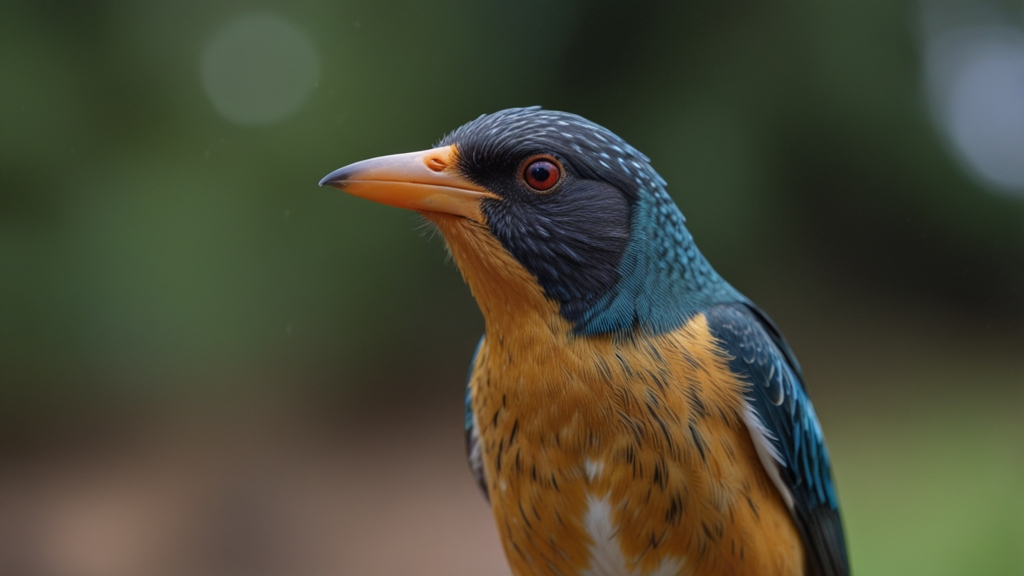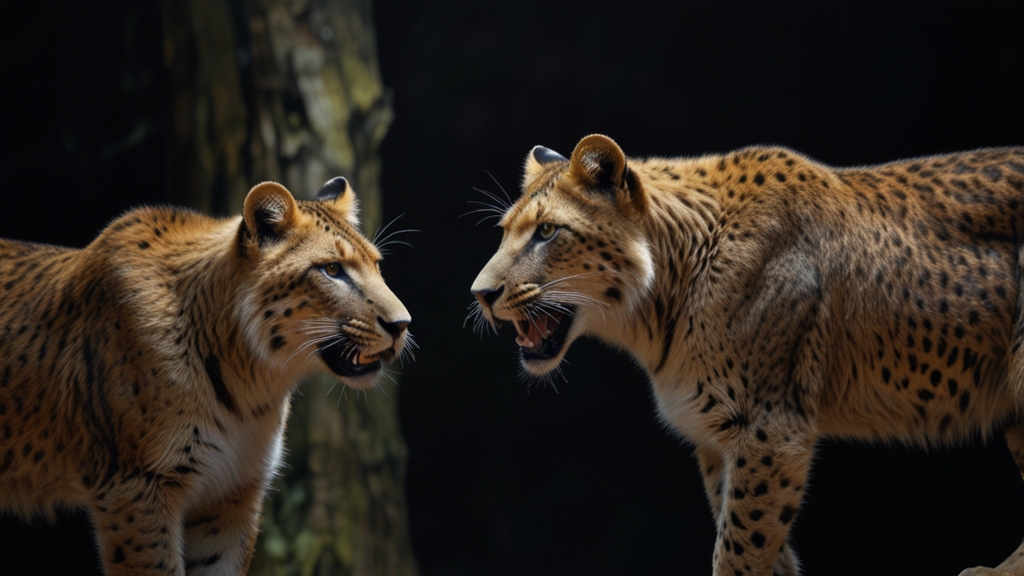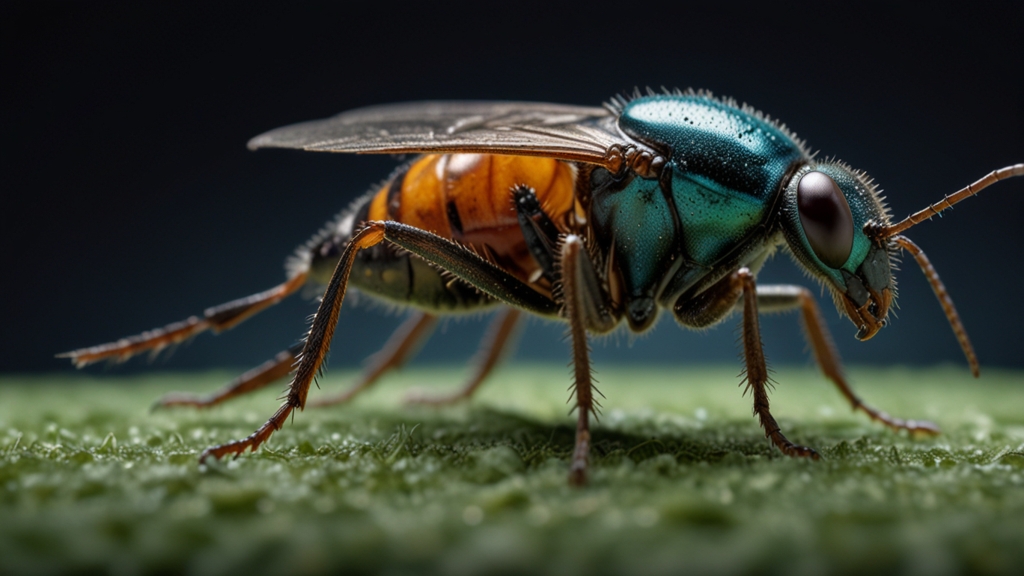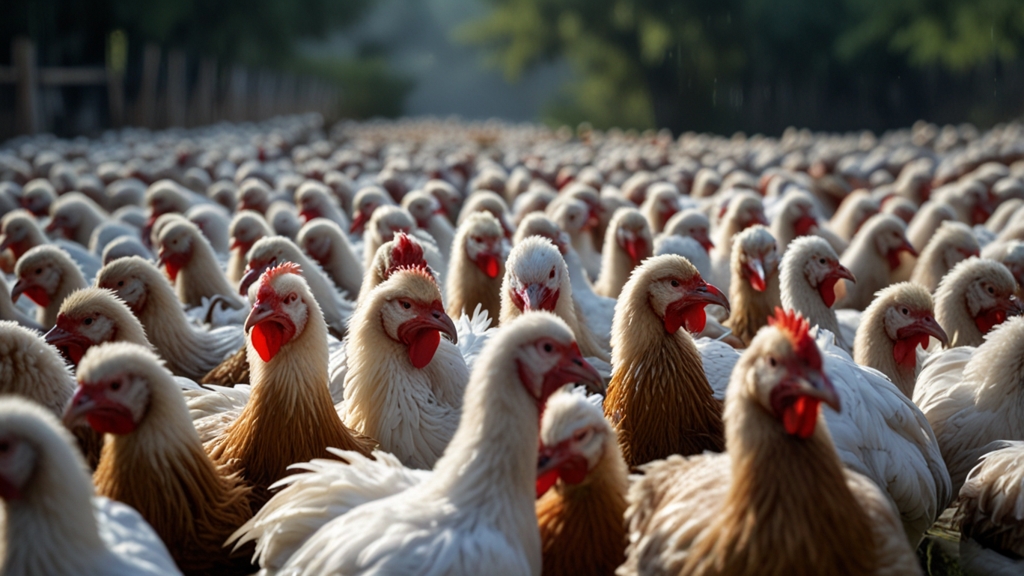Can Birds Feel Emotions? The Surprising Science Behind Their Feelings
Birds have long been seen as fascinating creatures, admired for their vibrant plumage, melodic songs, and astonishing navigational abilities. However, a more intriguing question has begun to capture the interest of scientists and bird enthusiasts alike: Can birds feel emotions? The surprising science behind their feelings provides an enlightening glimpse into the complexities of avian emotions.
The Complexity of Avian Brains
For years, the notion that birds possess emotional depth was dismissed due to perceived limitations of their brain structure. Traditional views suggested that birds' brains were fundamentally different from those of mammals, lacking the necessary complexity for emotional experiences. However, recent studies have begun to debunk this myth.
Avian brains, though different in structure, are not necessarily less sophisticated. Scientists have discovered that birds have a highly developed brain region known as the "nidopallium caudolaterale" (NCL), which is analogous to the prefrontal cortex in mammals. The NCL is involved in decision-making, problem-solving, and even exhibiting behaviors that suggest emotional complexity.
Signs of Emotional Expression
Observations of bird behavior suggest that they do express emotions in ways that are strikingly similar to humans and other mammals. Common behaviors include:
- Bonding and Attachment: Birds such as parrots and crows are known to form strong bonds with their mates, flock members, and even human caregivers. They exhibit behaviors like mutual preening, nest-building, and vocalizations that indicate affection and attachment.
- Grief: Cases have been documented where birds show signs of mourning the loss of a mate or offspring. Elephants and apes are known grievers, but instances like magpies engaging in what appears to be funerary rites suggest that birds may also feel grief.
- Jealousy and Playfulness: Parrots, in particular, have been observed displaying jealousy when their human companions pay attention to others. Moreover, birds like ravens and cockatoos engage in playful activities, indicating a range of emotions from joy to curiosity.
Scientific Studies and Findings
A deeper dive into empirical studies reveals intriguing findings on avian emotions. For instance, a study conducted by ornithologist Dr. Irene Pepperberg involved an African Grey parrot named Alex, who demonstrated not only cognitive abilities but also emotional expressions. Alex could use words to identify objects, colors, and numbers, and he displayed frustration and impatience when he couldn't achieve his desired outcome.
"Alex showed us that birds are capable of a level of cognitive and emotional sophistication that many scientists never thought possible," says Dr. Pepperberg.
Another study published in Scientific Reports explored empathy in birds. Researchers found that Eurasian Jays could identify and respond to the emotional state of their partners, changing their behavior to comfort them. This study provides substantial evidence that birds can understand and react to the emotions of others, a trait once thought to be uniquely human.
Implications for Bird Conservation and Welfare
Understanding that birds are capable of emotional experiences has significant implications for their conservation and welfare. Recognizing their emotional complexity can lead to more humane treatment in both captivity and the wild. Practices such as solitary confinement, inadequate nesting conditions, and environmental enrichment need reconsideration and revision.
"If we accept that birds have feelings, we must also accept that they deserve better treatment," states avian behaviorist Dr. Susan Friedman.
Overall, the surprising science behind avian emotions challenges our assumptions and prompts a shift in how we view and treat these remarkable creatures. Birds, with their rich emotional lives, remind us of the interconnectedness of all animals and the need for compassion and understanding in our interactions with them.








